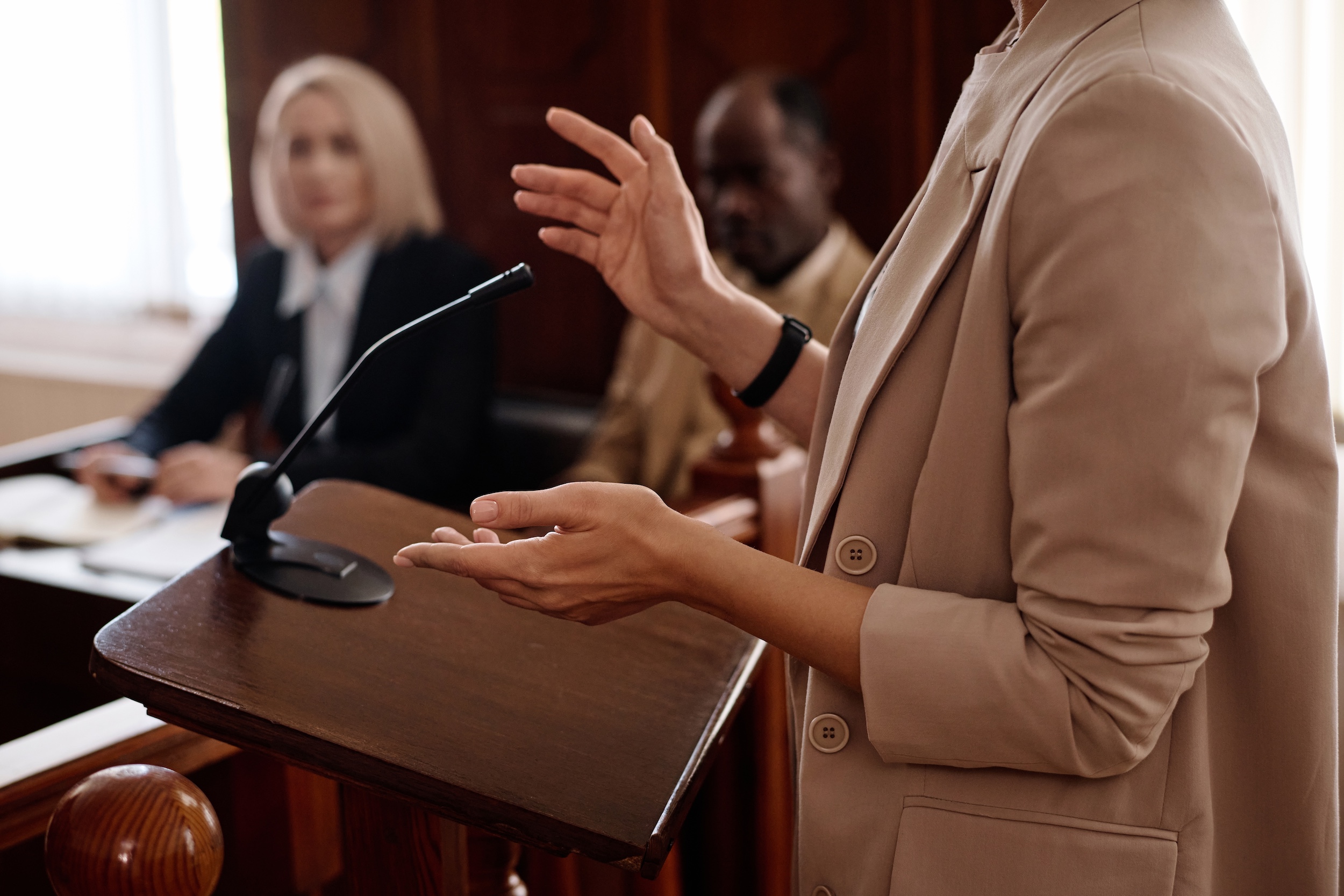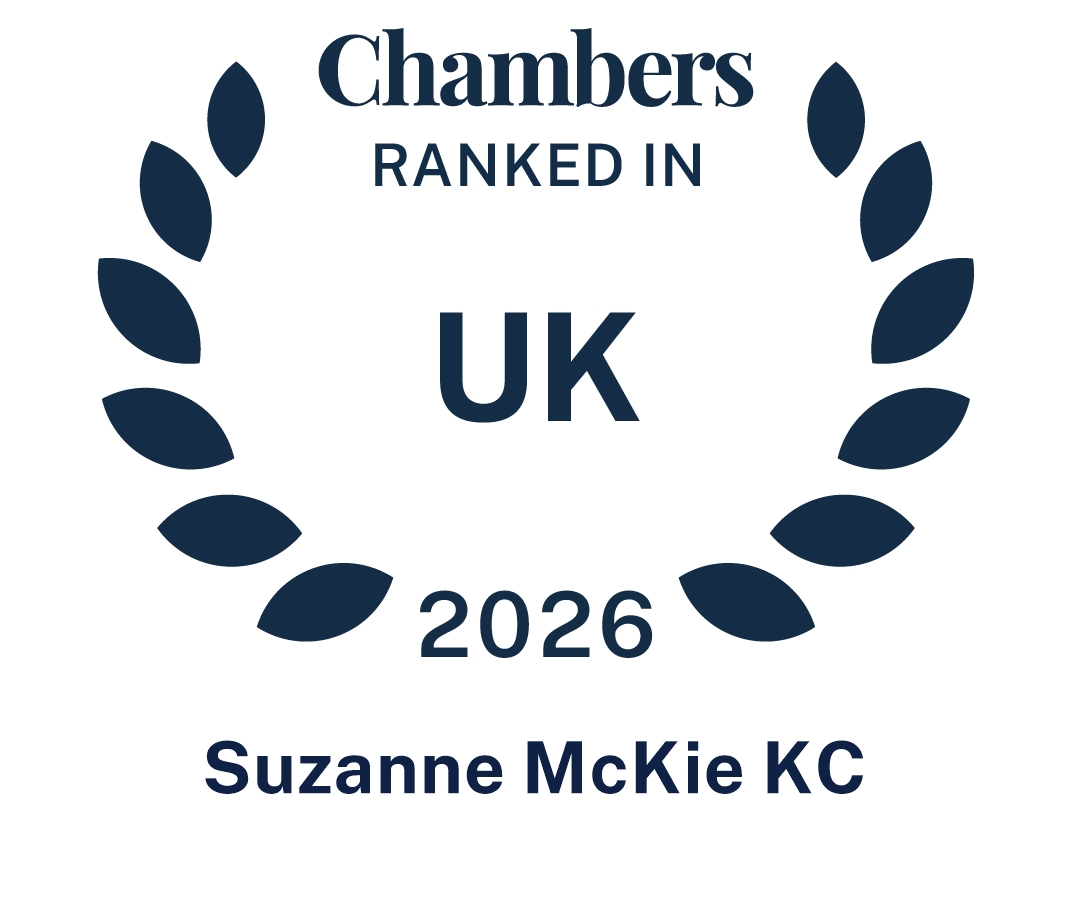Witness Preparation
“Suzanne forensically dissected the employer’s witness statements, highlighting inaccuracies and discrepancies. In cross-examination she utilised this to reduce the other side’s witnesses to babbling wrecks. A masterclass!” (Client in a Direct and Indirect Gender Discrimination case)
“Suzanne drives home the key legal points and gives me the confidence to put them forward in a meaningful and strategic way to achieve the best outcome. She is extremely responsive and she is willing to put forward practical solutions in a cost-effective way.” (Chambers and Partners)
Are you (or your client) facing the prospect of giving evidence in a court or tribunal proceedings in the foreseeable future?

We understand that this can be daunting not least as you or they have probably never been cross examined in a court or tribunal before.
The Partners at Farore Law, between them, have over 50 years’ of litigation experience. We know how cross examination works and we know that how a witness performs during cross examination can win or lose a case.
We can help you prepare for what you will face on the day or days in question. We are a boutique law firm with a difference, we are led by a KC who has a formidable reputation in employment law circles, in particular where the art of cross-examination is concerned. Within the team we provide advocacy services, unlike many other practices who instruct counsel.
Our witness preparation courses will help you prepare for giving evidence in a court, tribunal or in relation to an internal or professional disciplinary hearing.
Due to our regulatory obligations, we are not allowed to provide potential witnesses with witness preparation training based on the actual facts of their case, nor can we tell a witness what answers he or she might be better giving in relation to their evidence. However, through a series of tried and tested case studies, we can show you how cross examination works – what you can expect and how best to handle complex or unnerving questions, compound questions or those questions designed to deliberately confuse you. And we can advise you of the tricks often deployed by advocates. We will put you through a tough and robust cross examination so you can understand how you will react on the day and if necessary, you can adapt your proposed responses and reactions accordingly.
We are confident that after one of our sessions, you will feel much better prepared for the day or days in the witness box.
If you would like to explore the option of witness preparation, please contact Rachel O’Connell or Suzanne McKie KC for further information at oconnell@farorelaw.co.uk or sm@farorelaw.co.uk
As a parting shot, here are common mistakes a person can make as a witness:
- You get into an argument with the opponent’s advocate instead of staying focussed and answering the question asked in a concise way.
- You try to second guess the point the opponent’s advocate is trying to make and as a result jump ahead and don’t answer the question asked.
- You try to contextualise your answer before you give it – if this happens repeatedly it can be distracting and look evasive.
- You fail to ask for clarity from the questioner, when you should, resulting in answers which are either wrong or not on point.
- You answer a question with a definitive response or a yes / no or “never” or “not once,” when you don’t actually know the answer or you can’t be sure. Giving such a concrete answer may well be a trap you can’t then get out of.
- You are asked a question that in fact includes a series of questions or propositions (sometimes called a “compound question”) without asking the advocate to break the points down. You end up answering only one, and that then serves as the answer for every point, even if that is not what you intended.
- You ramble and provide a lot more detail than has been asked of you or you go off on a tangent. This means the court or tribunal fails to appreciate what it is you intended to say, and it can look as though you are ill-prepared.
- Whilst under cross-examination, you start to display the very characteristics that you have been accused by others of displaying in the workplace, such as aggression.
Farore Law has been awarded a Client Satisfaction badge for the most recent edition of the Legal 500. This is a significant achievement, as only 10% of firms within the Legal 500 directory are given that award. Please refer to our client testimonials page for a sample of some of the testimonials from our very satisfied clients.
Testimonials
“Suzanne forensically dissected the employer’s witness statements, highlighting inaccuracies and discrepancies. In cross-examination she utilised this to reduce the other side’s witnesses to babbling wrecks. A masterclass!” (Client in a Direct and Indirect Gender Discrimination case)
“Suzanne drives home the key legal points and gives me the confidence to put them forward in a meaningful and strategic way to achieve the best outcome. She is extremely responsive and she is willing to put forward practical solutions in a cost-effective way.” (Chambers and Partners)
















